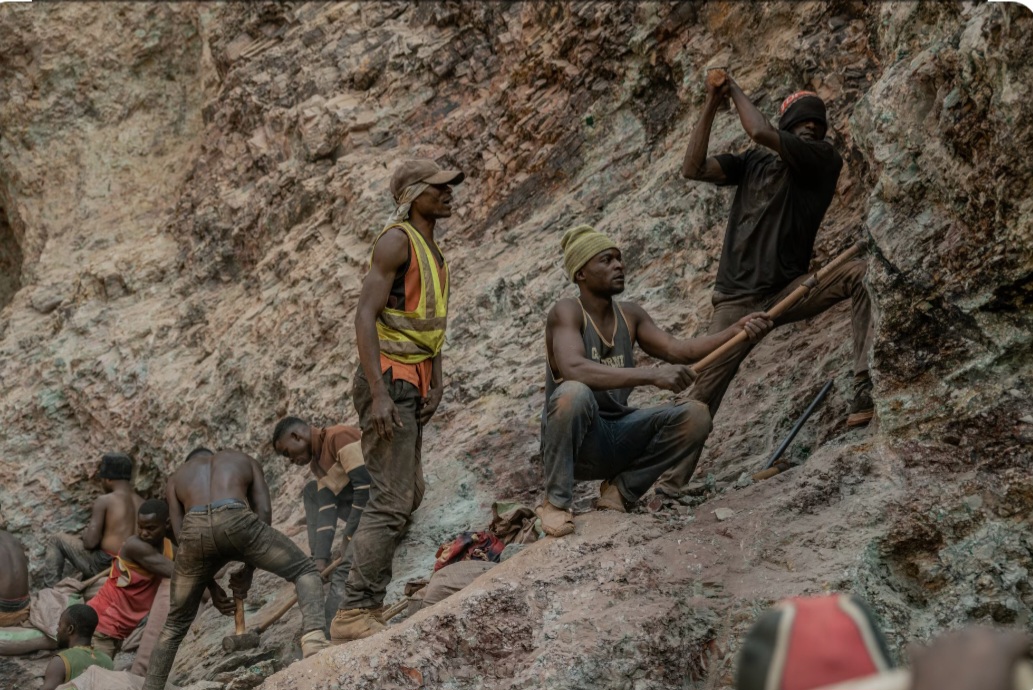By: Elizabeth A. Kaine
Sierra Leone faces a critical crisis concerning the treatment of its labourers, particularly those employed in sectors dominated by foreign companies. Reports of workers enduring physical abuse from foreign bosses, being forced to work under unsafe conditions, and not receiving wages as stipulated in their contracts paint a harrowing picture of exploitation. This situation not only violates basic human rights but also undermines the potential for sustainable economic growth in our nation.
One of the most egregious issues is the practice of paying workers in outdated currency rates. For instance, using the 2016 dollar rate to compensate employees in 2024 is not just unjust; it is a blatant form of exploitation. Such practices perpetuate poverty and prevent workers from achieving a decent standard of living. How can employers justify paying workers based on an outdated currency rate while expecting them to meet the rising cost of living? This approach is not only unethical but also reflects a profound disrespect for the dignity of labourers who contribute significantly to the economy.
The consequences of these exploitative practices extend beyond individual suffering. When workers are underpaid and subjected to abusive conditions, it creates a cycle of poverty that affects entire communities. These workers, often unable to afford basic necessities, contribute less to the local economy, which in turn stifles growth and development. This vicious cycle must be broken if Sierra Leone is to realize its economic potential.
Moreover, the safety and well-being of workers must be a top priority. Reports of physical abuse and unsafe working environments should alarm not only the Ministry of Labour but society as a whole. Workers should not have to choose between their health and their livelihood. The government must enforce strict regulations that protect workers from abuse and ensure safe working conditions.
In addition, the Ministry of Labour must take steps to strengthen the enforcement of labour laws and hold employers accountable for their actions. There should be zero tolerance for any form of abuse or exploitation. Public awareness campaigns can also play a vital role in educating workers about their rights and the mechanisms available for reporting abuses.
As Sierra Leone assumes a leadership role in the Africa Region Labour Administration Centre (ARLAC), it has the opportunity to advocate for substantial reforms that prioritize the rights and welfare of workers. This includes pushing for policies that ensure fair compensation, safe working conditions, and the protection of workers from abuse.
In conclusion, the current state of labour conditions in Sierra Leone is unacceptable. The exploitation of workers, particularly by foreign employers, must be addressed with urgency and seriousness. By standing up for the rights of labourers and ensuring fair treatment and compensation, Sierra Leone can build a more equitable and prosperous future for all its citizens. The time for action is now; our workers deserve dignity, respect, and the opportunity to thrive.






